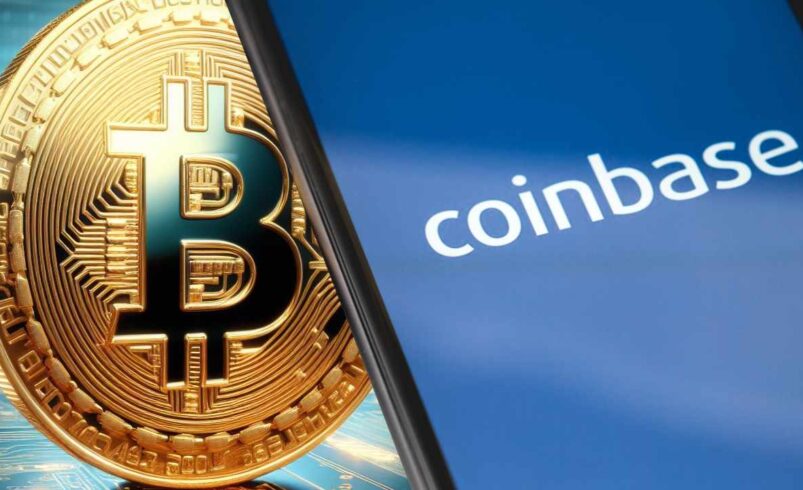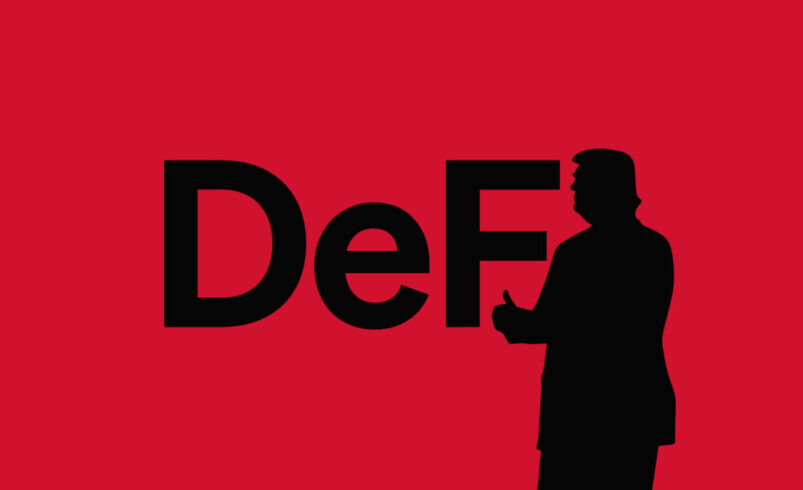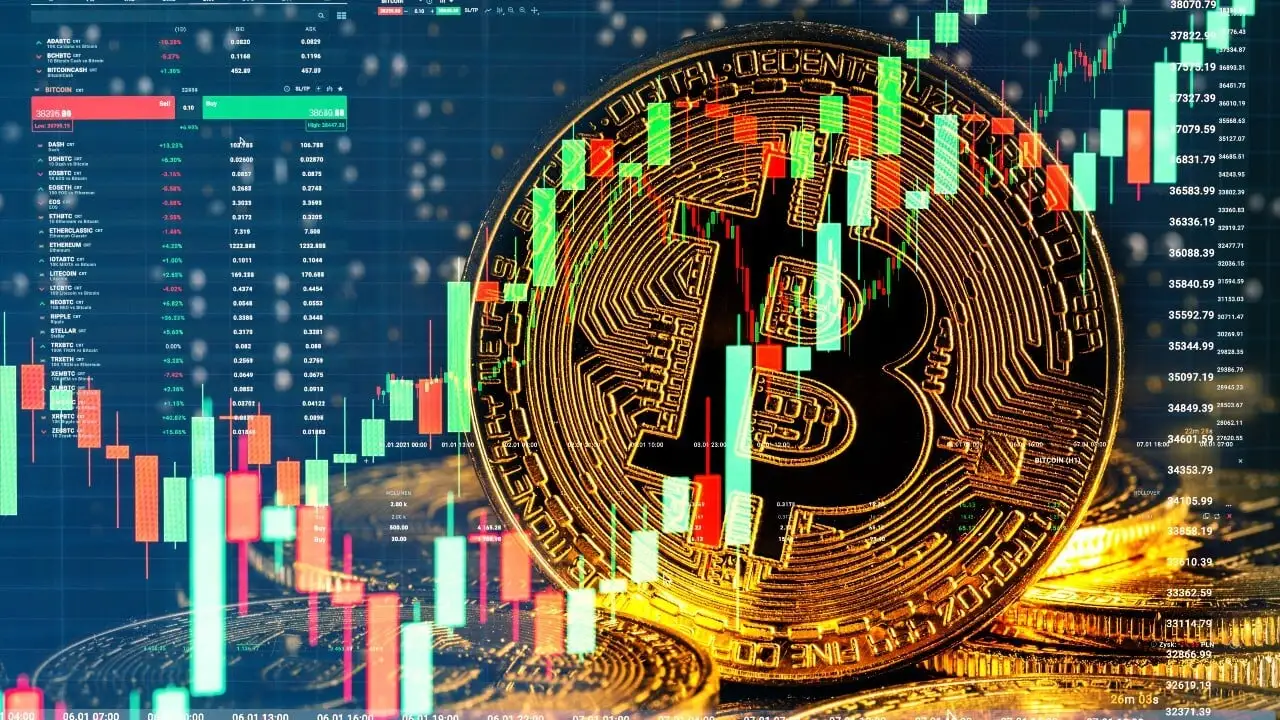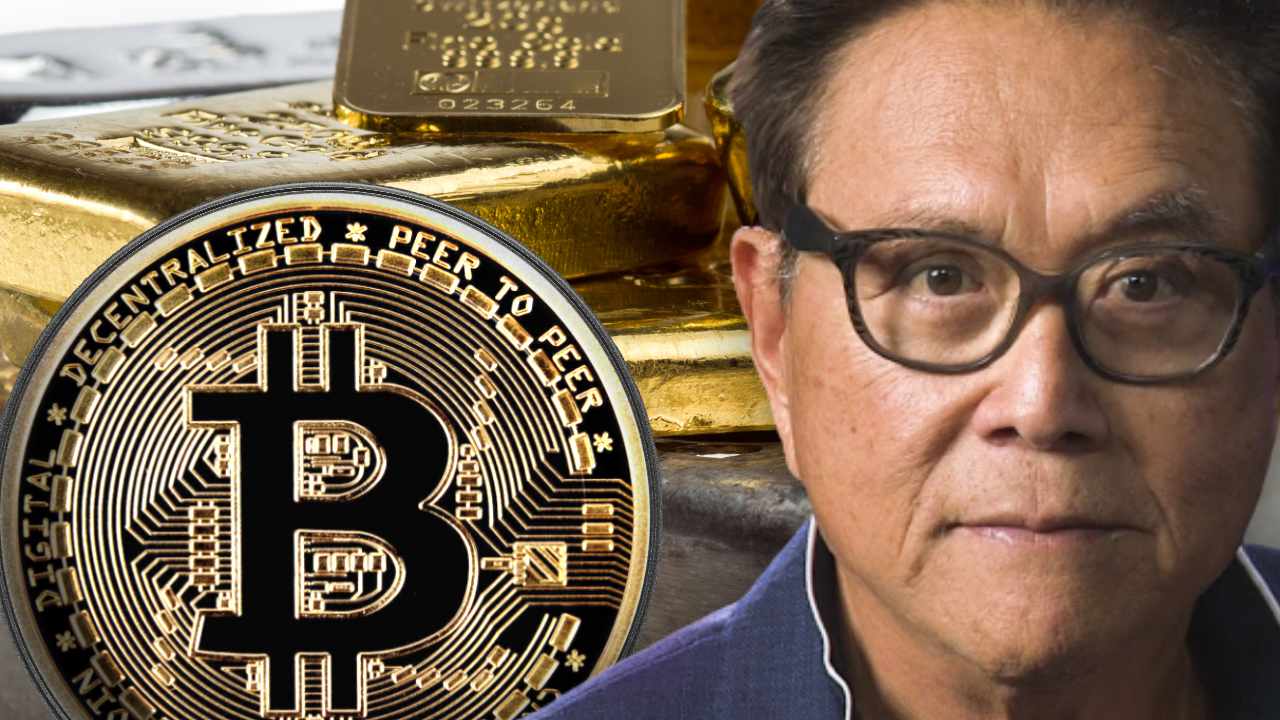Crypto exchange Coinbase firmly rejects claims of Bitcoin IOUs to BlackRock, while critics raise concerns over the launch of cbBTC wrapped asset.
- Coinbase denies issuing Bitcoin IOUs to BlackRock after allegations of market manipulation surface.
- The controversy grows with the launch of Coinbase’s wrapped Bitcoin asset, cbBTC, raising concerns about centralization.
- Industry experts refute claims, suggesting a misunderstanding of Bitcoin ETF products and their market influence.
Coinbase, the world’s second-largest cryptocurrency exchange, has recently come under scrutiny following allegations that it allowed BlackRock, the largest asset manager globally, to borrow Bitcoin without proper collateral backing. The claims, made by analyst Tyler Durden, suggest that Coinbase issued Bitcoin IOUs to BlackRock, potentially enabling market manipulation. In response, Coinbase firmly denied these accusations, emphasizing its adherence to strict regulatory guidelines and regular audits. Additionally, the launch of Coinbase’s wrapped Bitcoin asset, cbBTC, has sparked concerns about centralization, further fueling debate within the cryptocurrency community.
Coinbase Defends Its Practices Amid cbBTC Criticism
Coinbase, the world’s second-largest cryptocurrency exchange, has refuted claims that it granted BlackRock, the largest asset manager globally, special privileges to borrow Bitcoin. These allegations arose from analyst Tyler Durden, who suggested Coinbase was issuing Bitcoin IOUs to BlackRock, potentially allowing it to borrow Bitcoin without maintaining a 1:1 backing with its exchange-traded fund (ETF), raising concerns of market manipulation. In response, Coinbase asserted it does not offer preferential treatment to BlackRock or any other entity.
Coinbase CEO Brian Armstrong emphasized that the company undergoes regular audits by Deloitte and strictly adheres to regulatory standards. Armstrong also clarified that Coinbase is legally obligated to keep institutional clients’ Bitcoin holdings confidential unless required by law to disclose such information.
The controversy extended to the introduction of cbBTC, a wrapped Bitcoin asset on Coinbase’s Base network. Critics, including Justin Sun, founder of Tron, accused cbBTC of lacking transparency and behaving like a centralized asset that could be frozen or confiscated. Sun argued that this type of asset undermines the decentralized ethos of Bitcoin.
Despite the criticism, Coinbase defended its practices, stating that it is committed to transparency and compliance with industry regulations. However, the debate over the centralization of cryptocurrency products continues, fueled by the concerns surrounding cbBTC’s launch.
Coinbase’s recent collaboration with BlackRock in August, enabling the asset manager’s institutional clients to access cryptocurrencies via its Prime service, has further stoked skepticism. Some community members are urging Coinbase to disclose its Bitcoin reserves to alleviate concerns over its wrapped Bitcoin product and to prove that it operates with full backing and transparency.
Industry Experts Weigh In on Allegations
While the allegations have sparked widespread debate, several industry experts have expressed doubts about the validity of the claims. Nate Geraci, president of ETF Store, believes the concerns stem from a misunderstanding of how Bitcoin ETFs function, arguing that these financial products do not enable price suppression. Similarly, Bloomberg analyst Eric Balchunas contends that Bitcoin spot ETFs like BlackRock’s have helped stabilize Bitcoin’s price during market fluctuations, attributing recent volatility more to actions taken by miners and native holders rather than institutional investors.
Post Views: 36





